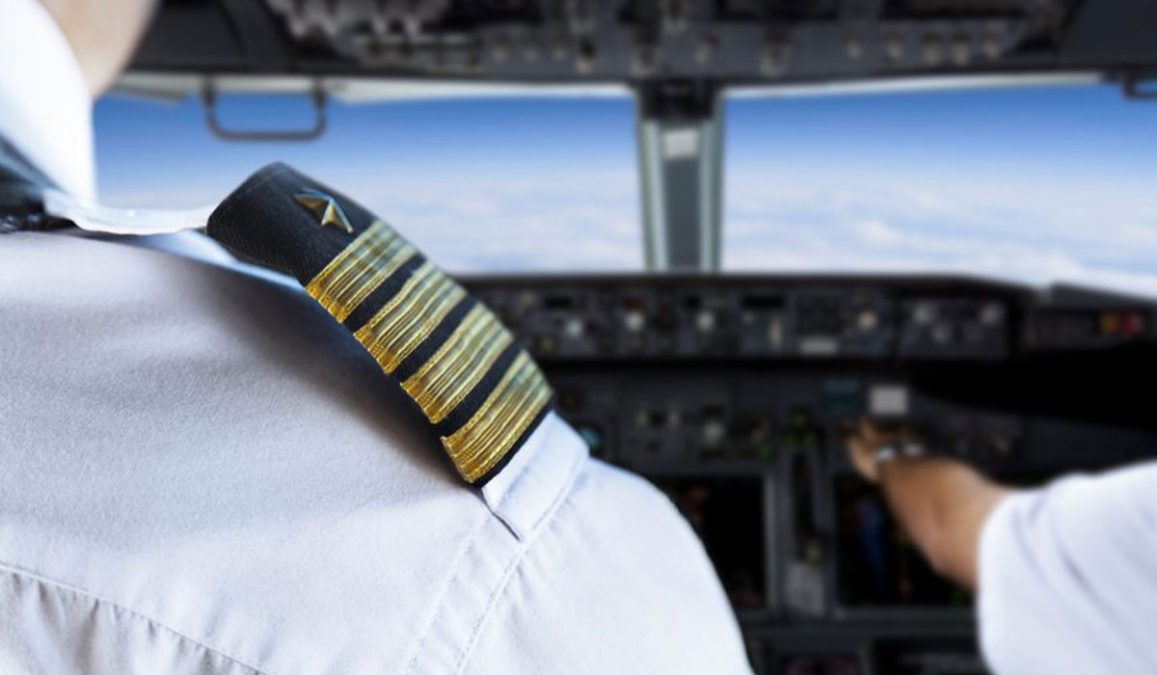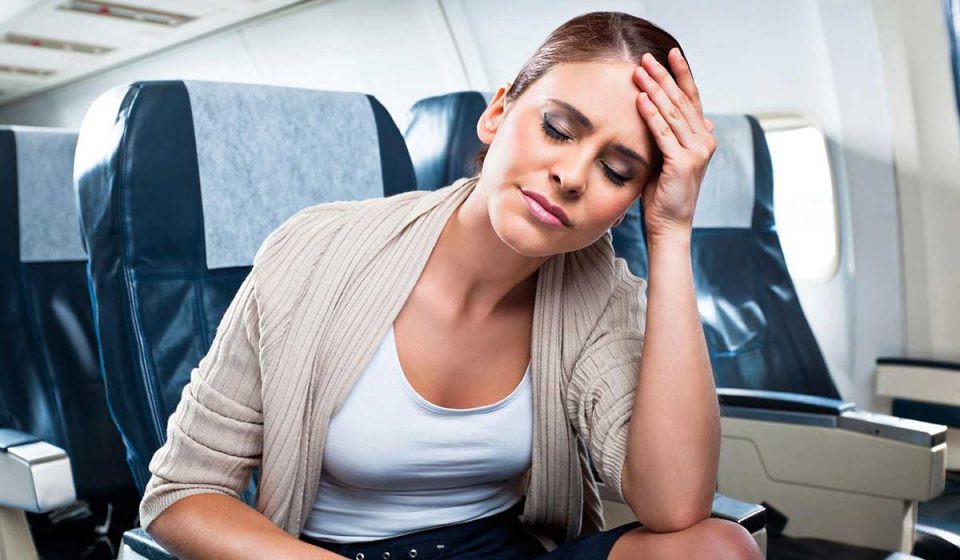
Guidelines to Prevent & Treat AirSickness While Flying
November 22, 2019
Should You Use Your Mobile Phone on an Airplane?
November 22, 2019If you wish to have a career as a commercial pilot in India, you need to know that flying is not the most difficult part. In fact with enough time and commitment, one can master how to fly commercial jets. However, if you wish to have a thriving career as a commercial pilot, a well-rounded education followed by long hours of flying experience is a must. Let us being by understanding the role of a commercial pilot.
Role of a Commercial Pilot
A commercial pilot is someone who holds a commercial pilot license issued by the Directorate General of Civil Aviation (DCGA) and flies a certain type of aircraft for an airline company such as Air India’s 787 Boeing Dreamliner.
Being a commercial pilot is not an easy task as it comes with a lot of responsibilities. Not only are you responsible for flying the aircraft from point A to B, but are also responsible for the cargo, crew and, passengers. It requires making smart decisions in adverse conditions, with the best interest of all the lives on board. Let us now proceed by understanding the minimum requirements you need to become a commercial pilot in India.
Requirements to Become a Commercial Pilot
To have a career in the field of aviation, one needs to select the science stream after passing secondary school with Chemistry, Physics and, Maths being mandatory subjects. If you don’t choose Physics and Maths in your higher secondary or if you are not from the science stream, you have the option to enroll in NIOS (National Institute of Open Sciences) and take up these subjects. You must also maintain a 50% aggregate in Chemistry, Physics and, Maths.
The next step requires you to obtain admission for a pilot training course. You will go through a set of procedures that would encompass a written examination, medical test followed by a personal interview round. The minimum age to apply for a student pilot license is 16 years and for a commercial pilot license is 18 years.
Listed below are the steps you need to take to become a commercial pilot:
1) Register to a Flying Academy and Pursue B.Sc. in Aviation
Written Test – This test is designed to test your knowledge in Maths, Physics, English, and Reasoning.
Pilot Aptitude Test – This test is designed to evaluate your skills for Air Navigation, Air Regulation, Aviation Meteorology, Engine and Aircraft Knowledge.
Personal Interview Round & DGCA Medical Examination – Upon successful completion of written and aptitude tests, you will be called in for a personal interview and will need to take a medical examination. This assessment will be conducted by the Directorate General of Civil Aviation (DGCA), Govt. of India.
2) Acquire a Student Pilot License
To acquire a student pilot license, you need to give an entrance examination. This test comprises of an oral test that will be conducted by the DCGA or the chief instructor from your flying academy. Once you clear the test and obtain your student pilot license, you are now eligible to get flying training. Moreover, you also have the permit to fly small planes that are usually issued by approved flying clubs. By the time you conclude your flying course, you would have finished up-to 250 flying hours. You will now be eligible to apply for a commercial pilot license.
Listed below are a few leading institutes that offer aviation courses:
- Bombay Flying Club, Mumbai
- Rajiv Gandhi Academy of Aviation Technology, Kerala
- National Flying Training Institute, Gondia
- Ahmedabad Aviation & Aeronautics Ltd., Ahmedabad
- Gujarat Flying Club, Vadodara
- Indian Aviation Academy, New Delhi
In conclusion, I would like to add that, along with holding the credentials, one must also have strong decision-making skills, and an ability to cope with unexpected situations. If you are determined to work hard and are willing to possess these qualities, I would encourage you to pursue a career as a commercial pilot.
About the author:
Captain Sameer Dogra is a commercial airline pilot from India with nearly 24 years of flying experience. His career in the aviation industry has seen him play various roles such as Check Pilot, Instructor, and Examiner. With his extensive knowledge and flying experience, he aims to provide relevant information and insightful tips to anyone aspiring to pursue a career as an airline pilot.




